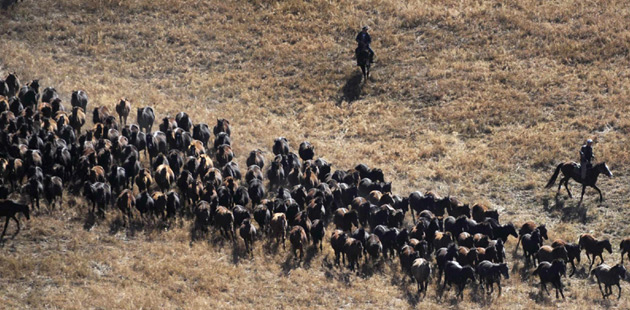MOZAMBIQUE Strengthening ties with its old friend, China
Updated: 2011-10-17 08:00
(China Daily)
|
|||||||||||
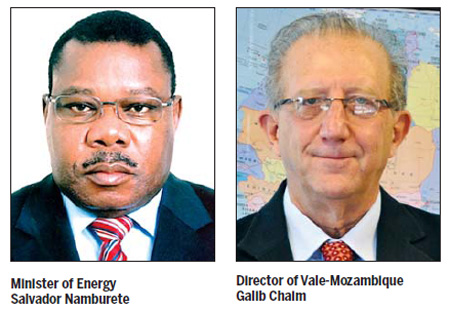
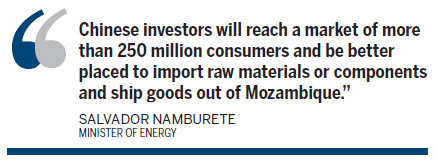
Early birds catch the worm in this open-for-business, resource-rich African country
Brimming with resources that include minerals, fossil fuels, abundant water, marine life and fertile, arable land, Mozambique offers huge possibilities for treasure seekers.
A strikingly beautiful tropical country on the south east coast of Africa, the country is one of the most sparsely populated on the continent, with just 23.4 million people.
Having enjoyed high growth rates of around 8 percent year on year between 1994 and 2006, Mozambique is on course for more as mega- projects in mining and energy take off.
Collaborations on these, and the infrastructural development of roads, bridges, railroads, airports and seaports from Chinese partnerships will be crucial if the nation is to reach its full potential.
Loureno Sambo, director general of the Investment Promotion Center, explains that modern and attractive legislative frameworks, and an open-for-business attitude have resulted in a large influx of private sector players.
"In the last six years, we have approved hundreds of projects, valued at around $20 billion in various sectors, notably agriculture and agro-industry, fishing and aquaculture, industry, banking and insurance, tourism, transport and communications, public works and housing, among others," he said.
"Mozambique has prioritized the intensification of bilateral political relations with countries all over the world, including China, which is now one of our leading investors. We have also been signing investment protection treaties with those countries to give comfort to investors.
"China has been a strategic partner of Mozambique both politically and economically for decades, and the pair established diplomatic relations on the same day our national independence was proclaimed, on 25th June 1975. Today, China is one of Mozambique's most important trading partners and one of the 10 biggest investors in the country. Trade between the two countries was a mere $208 million in 2007; by 2010, it had reached $690 million."
In terms of energy production, the Cahora Bassa Dam is one of the country's most emblematic assets.
The project produces 2,075 megawatts of electricity and is one of the main suppliers of power to the Southern African Power Pool.
Minister of Energy Salvador Namburete has been keen to engage Chinese companies in his mission to overcome infrastructural challenges.
"Chinese companies are becoming involved in upstream projects, like coal and hydrocarbon exploration. We have two coal-fired power stations in Tete Province: the Moatize power station, built and operated by the Brazilian company Vale, and Benga power plant by the Australian company Riversdale Mining.
"We also have a gas-fired station, which is producing 50 MW in Gaza province and another one in Moamba (Maputo Province). We are seeing interest coming in, and there is definitely room for Chinese participation.
"We have 2,800 kilometers of coastline and we share borders with Swaziland, South Africa, Zimbabwe, Zambia, Malawi and Tanzania. Most of these countries need our ports, roads and railway systems to develop, receive imports or send exports.
"The Southern African Development Community - a market of more than 250 million consumers - is integrating and has a trade protocol. Chinese investors will reach all these countries and will be better located to import raw materials or components needed for production and to ship goods out of Mozambique."
Conscientious investing
Vale-Mozambique, owned by the Brazilian Vale group, arrived in Mozambique in 2004 and was awarded the concession for the Moatize mine three years later.
The mine, which has the only known high-graded coking coal deposit in Africa, shipped its first coal-load from port of Beira in September.
"Vale has a concession with a very large reserve," Galib Chaim, director of Vale-Mozambique said: "We can start our production with 11 million tons per year, but the reserves will allow us to expand this production and we are concluding our feasibility study in that regard. Thus we can expect mining activity for many years. We have coal for a second production phase for 25 to 35 years.
"Mozambique's reserve is very rich both in terms of thermal and coking - metallurgical - coal and it could be an important player in the coal market in the future, especially in international terms since, most of the coal that will be explored will be for exporting. Of course, the country needs to improve several aspects, such as logistics, infrastructure and power supply, but I believe that it is going in the right direction and in the medium-term, it will achieve good conditions to position itself as a large player internationally and open the market for new players."
The company is financing a railway link between Malawi and Nacala port, and concluding a feasibility study for an expansion of the port so it can receive bigger ships.
It takes corporate social responsibility very seriously. During the first phase of the mine project, it invested almost $10 million for the rehabilitation and construction of hospitals, orphanages and schools, and resettled around 1,200 families during the second phase.
"We currently have 8,000 workers involved in building the mine and ancillary facilities, most of which were hired locally," Chaim said. "The operational phase will create around 1,000 direct jobs, but we estimate another 2-3,000 will be created though the outsourcing of services and other activities. That makes us one of the largest employers of local labor in the country.
"Since we first started working in Mozambique, we have seen a lot of improvements to services and have provided a lot of support to the country - we invested $5 million in an anti-retroviral production plant with the government, and are involved in training local labor and supporting local housing developments."
The Vale-Mozambique chief believes the government is doing well in welcoming new investors.
"In political terms the country is managing things very well. It is very stable. I believe that there is a plenty of room for new investors, mainly in terms of infrastructure development, not only in the field of coal exploration, but also for tourism, services and power supply."
Meanwhile, as demand for electricity grows throughout the country, electricity supplier Motraco is gearing up for more partnerships. Owned jointly by EDM, South Africa's ESKOM and the Swaziland Electricity Company, Motraco supplies Mozal, Africa's second-largest aluminum smelter.
"We are looking to build a third transmission line to accompany all the investments taking place, especially the central region where the energy projects are under way," said Director General Higino Fabio.
"A central south backbone would evacuate the anticipated power production from these developments to Maputo and the region. The infrastructure is there, and we believe the Chinese could be allies in this type of growth."
InFocus Reports provided the story.
(China Daily 10/17/2011 page10)
Hot Topics
Libya conflict, Gaddafi, Oil spill, Palace Museum scandal, Inflation, Japan's new PM, Trapped miners, Mooncake tax, Weekly photos, Hurricane Irene
Editor's Picks
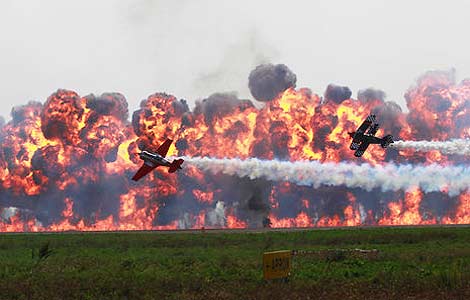
|
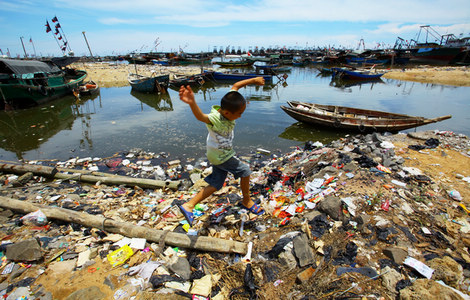
|
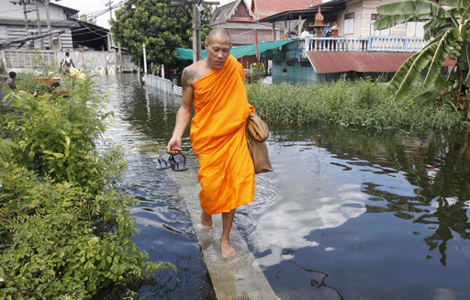
|
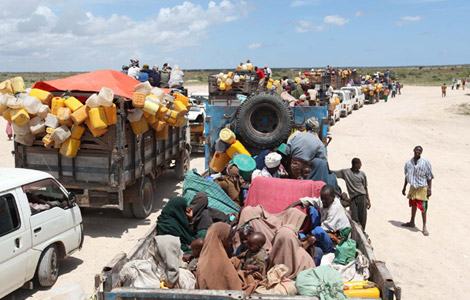
|

|

|





